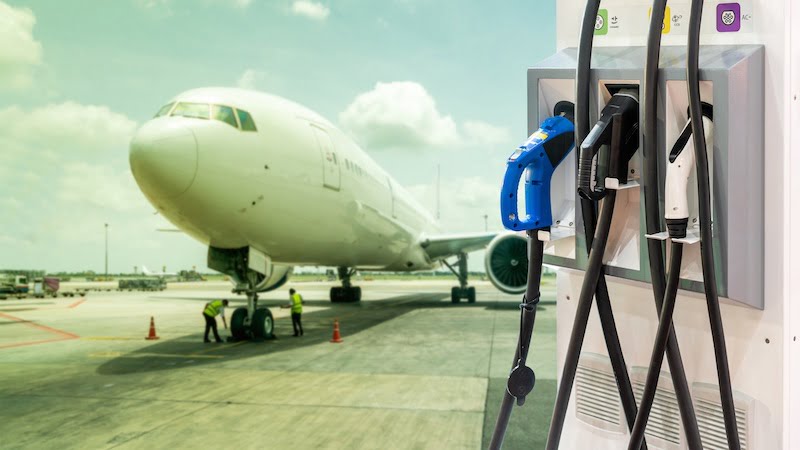
So far, electric aircraft have been considered more of a vision of the future, because they require extremely powerful batteries. However, the Chinese battery manufacturer CATL has now presented a special battery for electric aircraft that is said to have twice the energy density of some common batteries.
Batteries are becoming increasingly important. Because the energy storage devices are used in smartphones, among other things, store energy from wind and sun during the day or drive electric vehicles. Shipping also sees the potential of the technology. In the aviation industry, on the other hand, battery technology is still in its infancy.
The reason: Each battery means additional weight. And the higher the weight, the more energy storage an aircraft needs. For this reason, the industry has so far tended to rely on hydrogen as a future energy carrier. A possible solution is now coming from the Chinese company CATL, one of the largest battery manufacturers in the world.
Electric aircraft: CATL presents new super battery
During the Shanghai Auto Show, the company presented a new type of condensed battery. This should be particularly safe and apparently has such a high energy density that use in passenger aircraft is conceivable. Mass production could also start shortly.
A single cell achieves an energy density of 500 watt hours per kilogram. The company’s previous models only generate just over half that at 255 watt hours per kilogram. This is made possible by better electrolytes, cathodes with a high energy density, “innovative” materials for the anode and an advanced production line.
New battery to power e-planes
The company also announced that it is already working with electric aircraft manufacturers. With the experience from the industry, the aim is to optimize the batteries so that they meet all the safety parameters of the aviation industry.
Before using it in aircraft, CATL would also like to use the technology on a smaller scale in the automotive industry. If these slimmed-down cells also achieve around 500 watt hours per kilogram, this could have an immense impact on the range of electric cars.
Also interesting:
Source: https://www.basicthinking.de/blog/2023/04/24/catl-batterie-flugzeuge/


